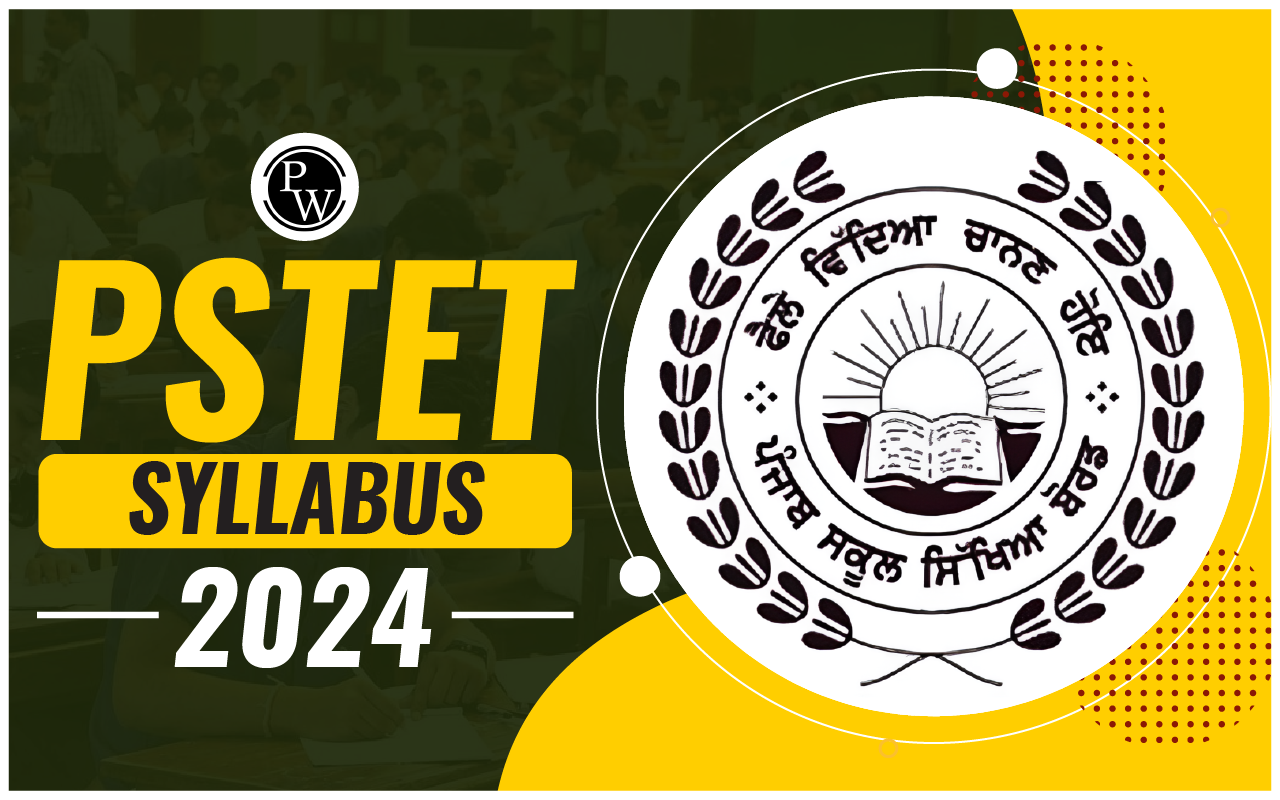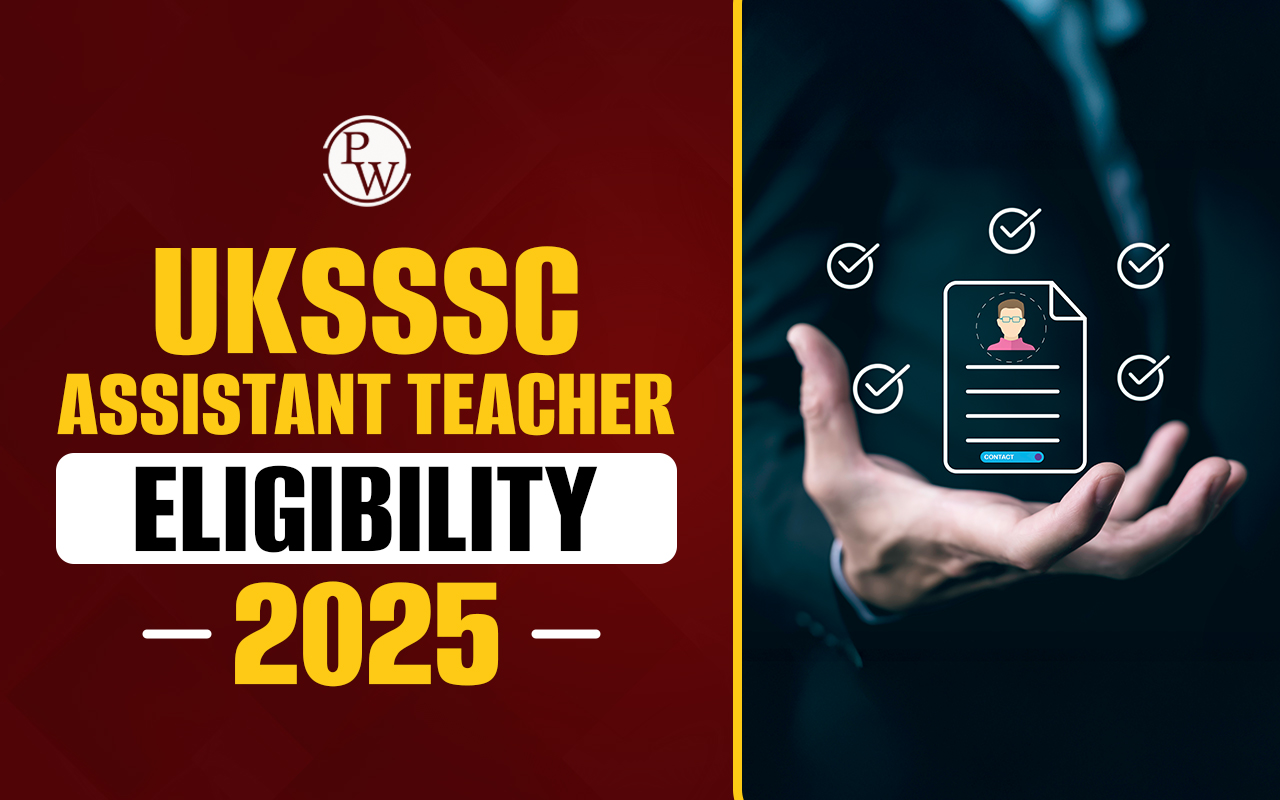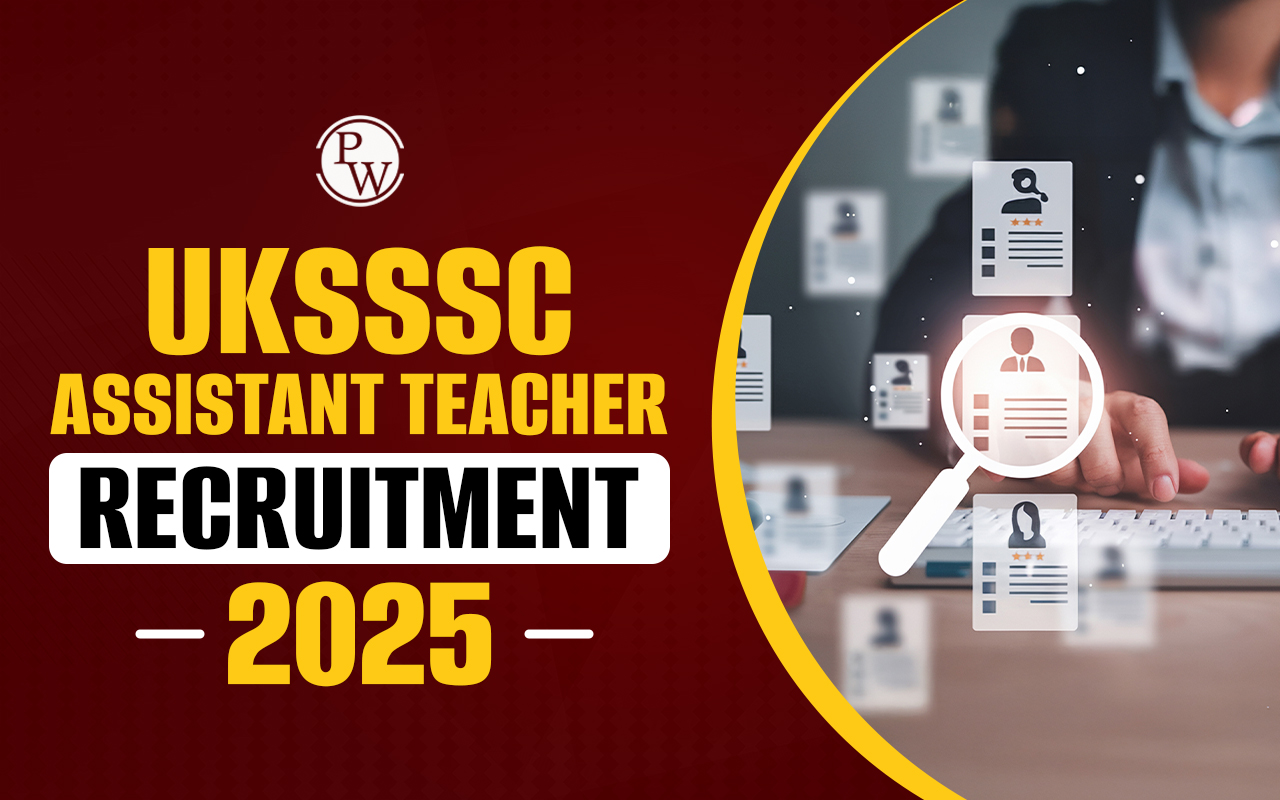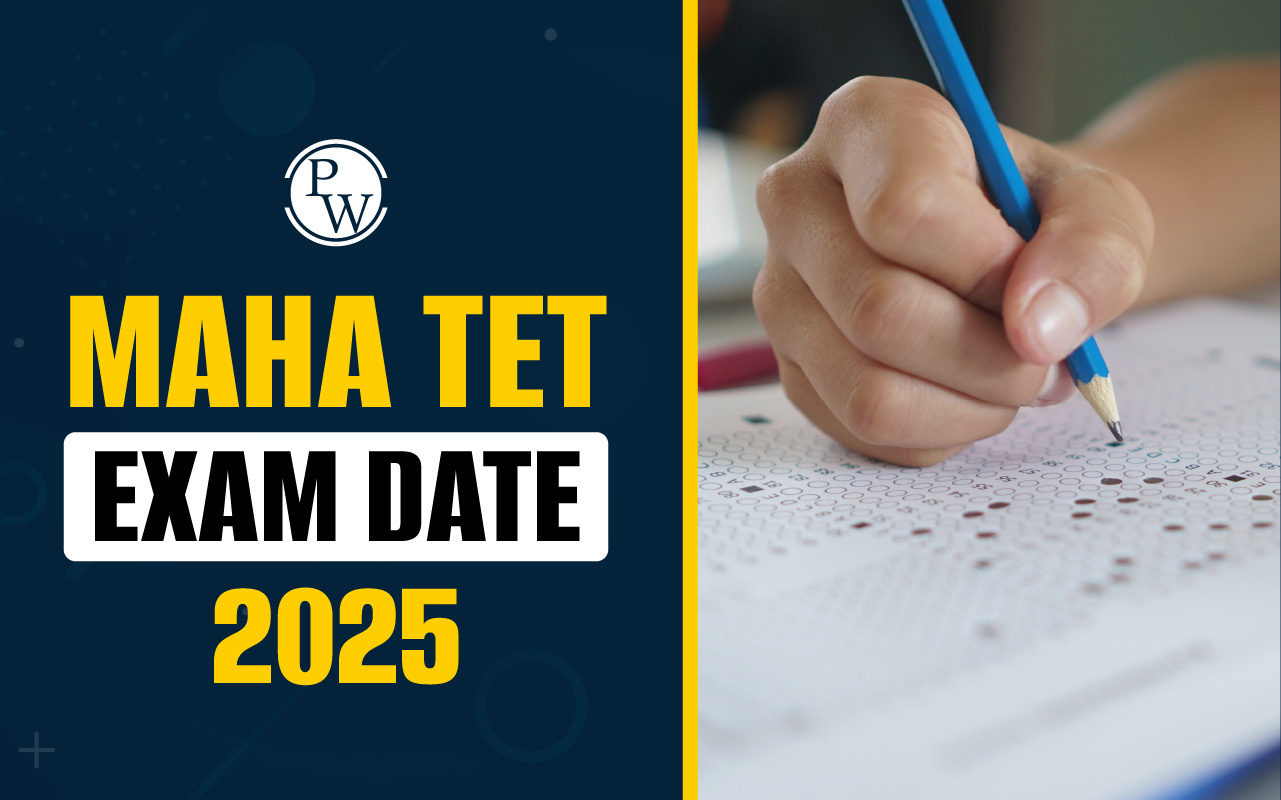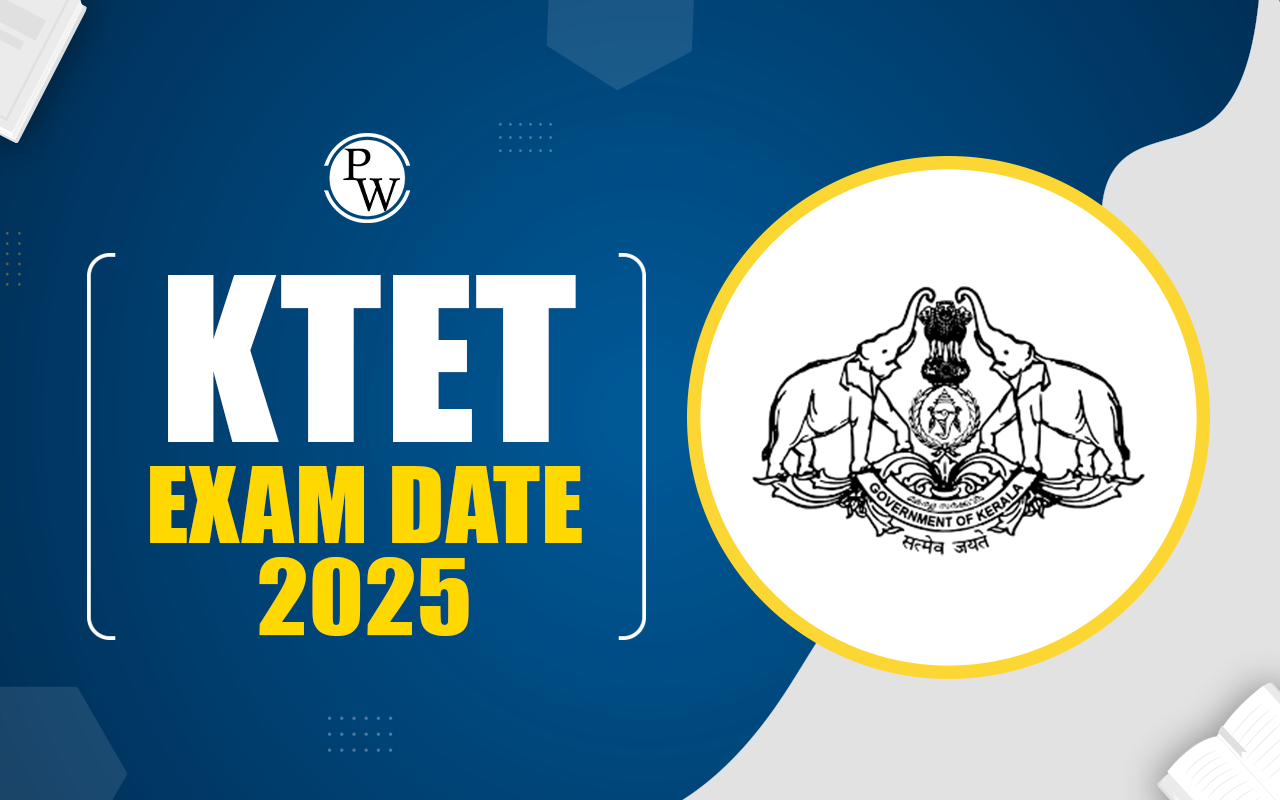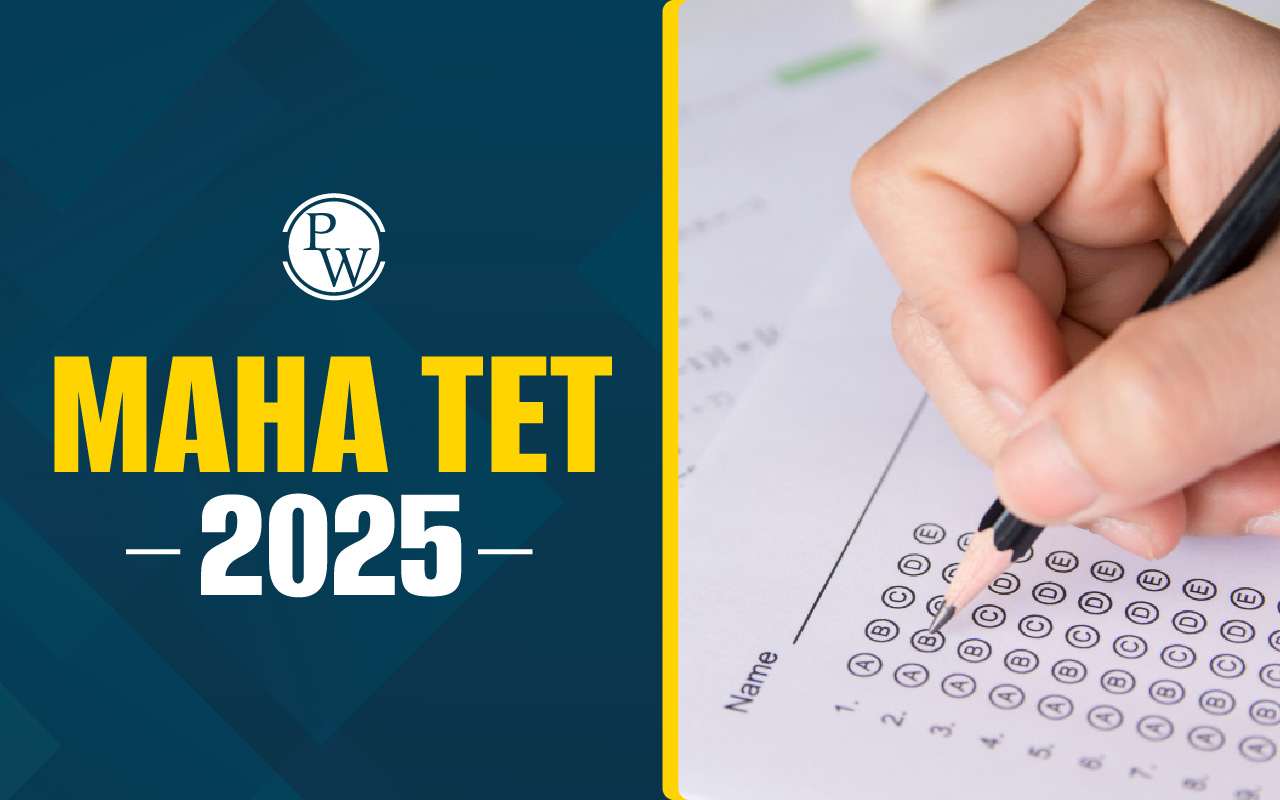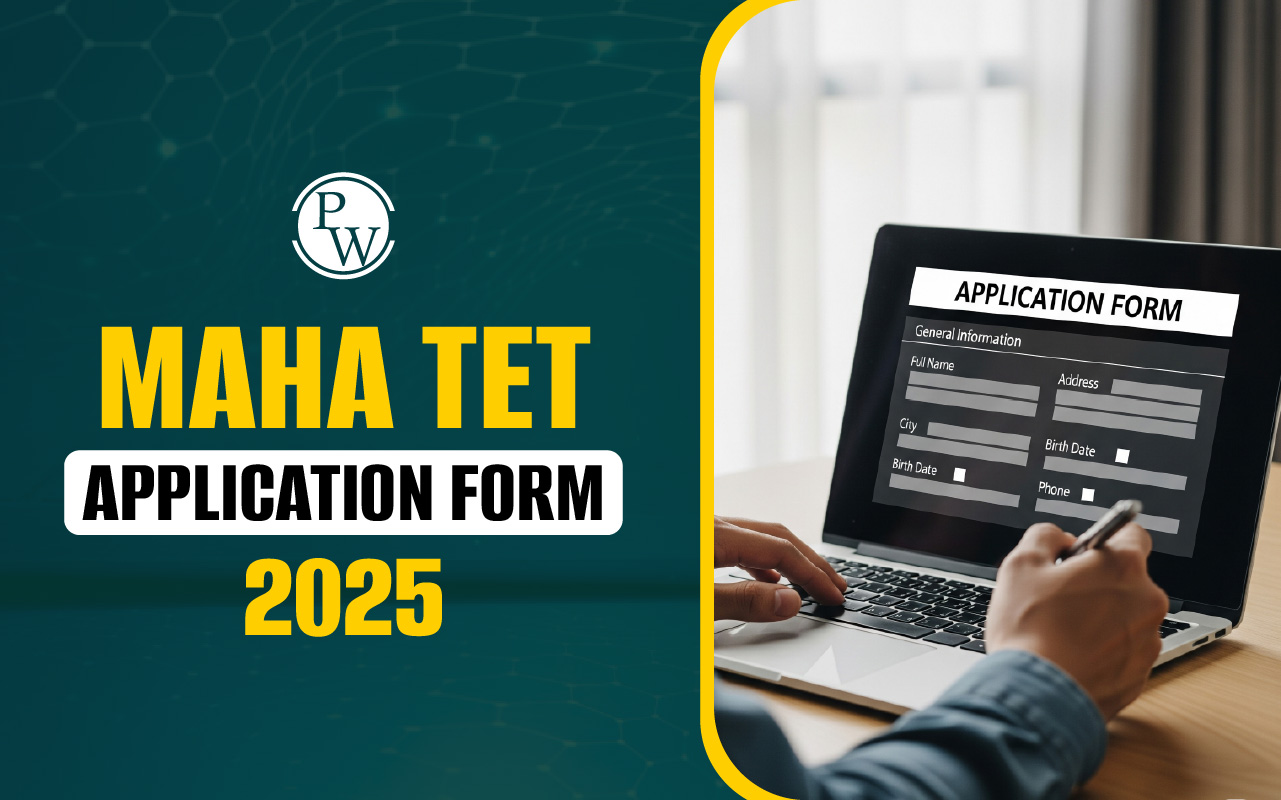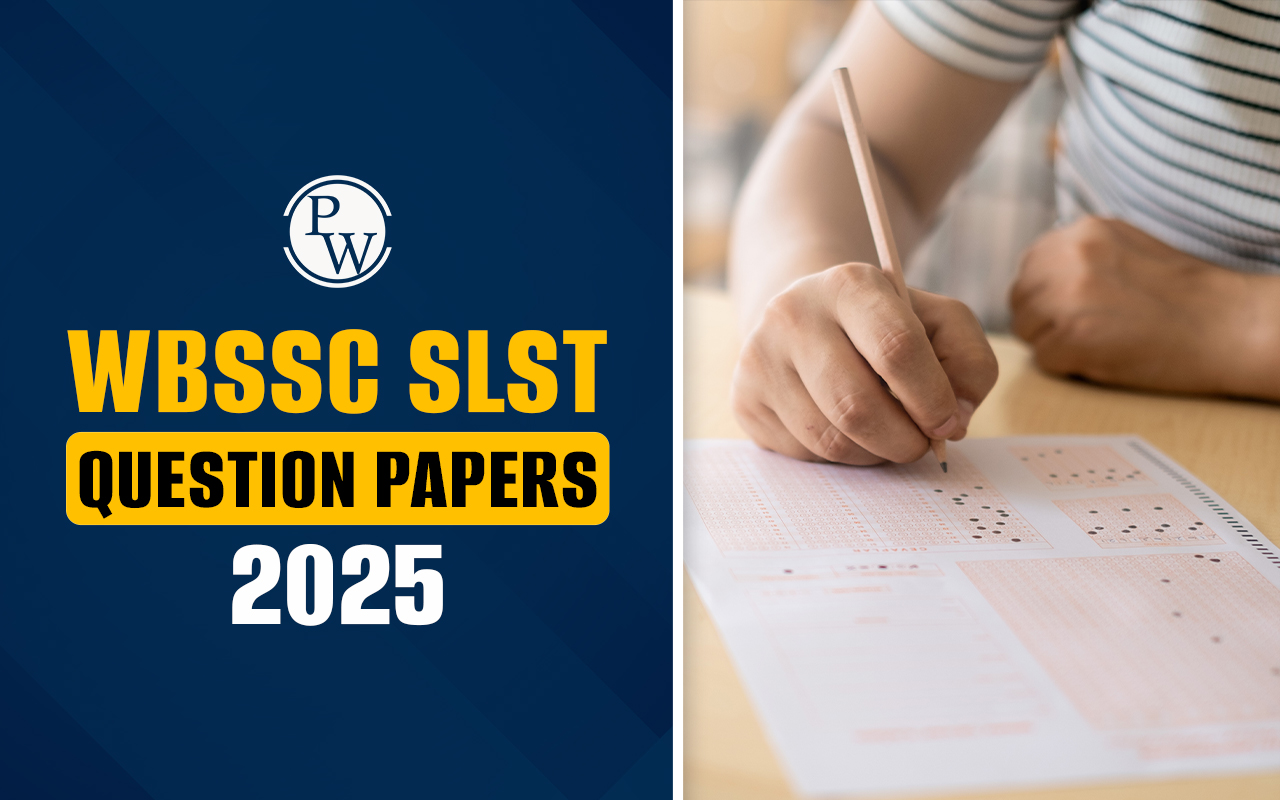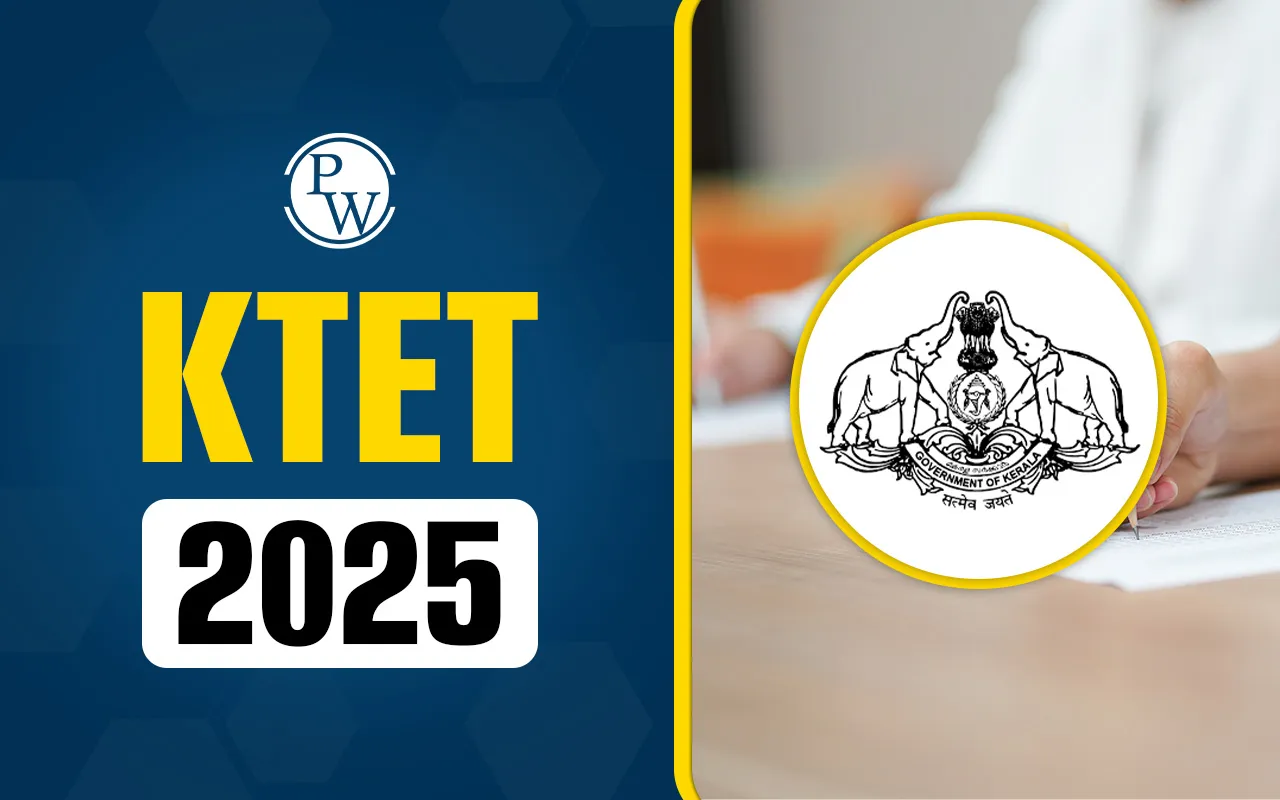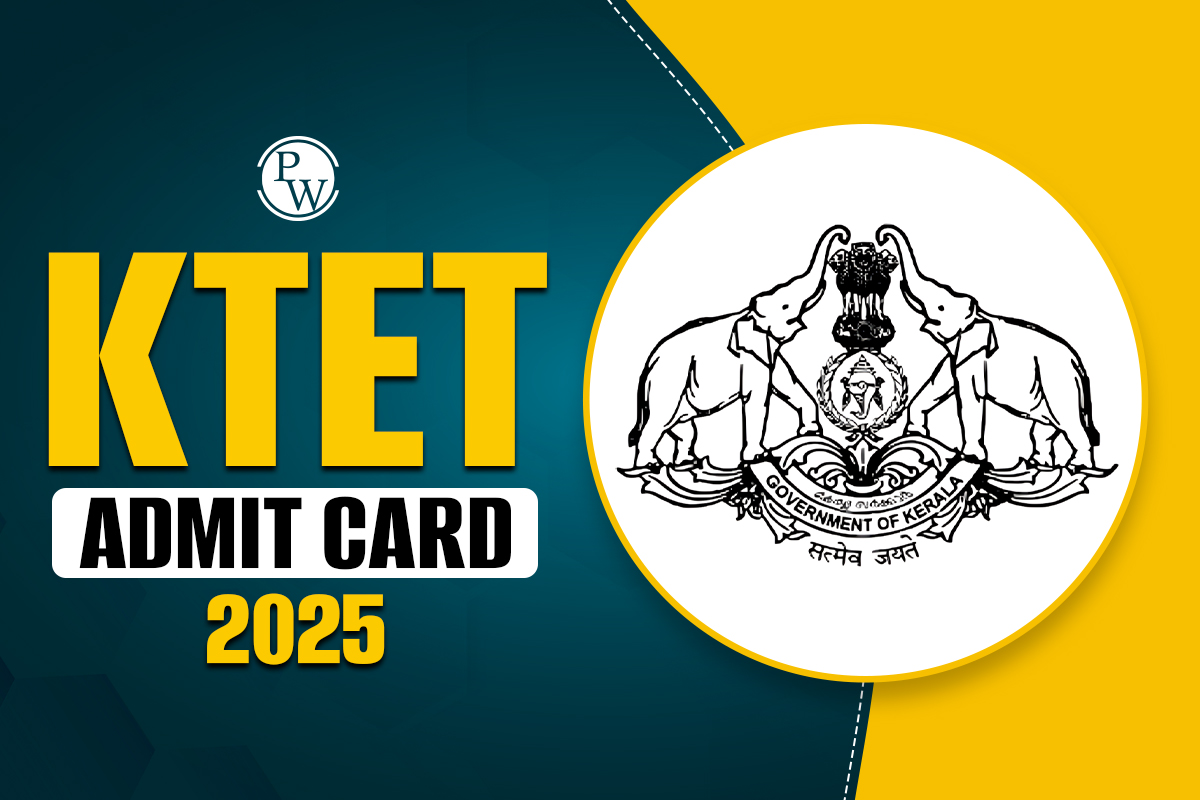|
PSTET Syllabus 2024 for Paper 2
|
|
Sections
|
Subsections
|
Topics
|
|
I. Child Development and Pedagogy
|
a) Child Development (Primary School Child)
|
-
Concept of development and its relationship with learning
-
Principles of the Development of children
-
Influence of Heredity & Environment
-
Socialisation processes: Social world & children (Teacher, Parents, Peers)
-
Piaget, Kohlberg, and Vygotsky: constructs and critical perspectives
-
Concepts of child-centered and progressive education
-
Critical Perspective of the Construct of Intelligence
-
Multi-Dimensional Intelligence
-
Language & Thought
-
Gender as a social construct; gender roles, gender bias and educational practice
-
Individual differences among learners, understanding differences based on diversity of language, caste, gender, community, religion, etc.
-
The distinction between Assessment for learning and assessment of learning;
-
School-Based Assessment, Continuous & Comprehensive Evaluation: perspective and Practice
-
Formulating appropriate questions for assessing readiness levels of learners; enhancing learning and critical thinking in the classroom and for assessing learner achievement.
|
|
b) Concept of Inclusive education and understanding children with special needs
|
-
Addressing learners from diverse backgrounds including disadvantaged and deprived
-
Addressing the needs of children with learning difficulties, ‘impairment’ etc.
-
Addressing the Talented, Creative, Specially abled Learners.
|
|
c) Learning and Pedagogy
|
-
How children think and learn; how and why children ‘fail’ to achieve success in school performance.
-
Basic processes of teaching and learning; children’s strategies of learning; learning as a social activity; social context of learning.
-
Child as a problem solver and a ‘scientific investigator’ Alternative conceptions of learning in children, understanding children’s ‘errors’ as significant steps in the learning process.
-
Cognition & Emotions
-
Motivation and learning
-
Factors contributing to learning – personal & environmental.
|
|
II. Language I
|
a) Language Comprehension
|
-
Reading unseen passages – two passages one prose or drama and one poem with questions on comprehension, inference, grammar and verbal ability (Prose passage may be literary, scientific, narrative or discursive).
|
|
b) Pedagogy of Language Development
|
-
Learning and acquisition
-
Principles of Language Teaching
-
Role of listening and speaking; function of language and how children use it as a tool
-
A critical perspective on the role of grammar in learning a language for communicating ideas verbally and in written form
-
Challenges of teaching language in a diverse classroom; language difficulties, errors and disorders
-
Language Skills
-
Evaluating language comprehension and proficiency: speaking, listening, reading, and writing
-
Teaching-learning materials: Textbook, multimedia materials, multilingual resources of the classroom
-
Remedial Teaching.
|
|
III. Language – II
|
a) Comprehension
|
-
Two unseen prose passages (discursive or literary or narrative or scientific) with question on comprehension, grammar and verbal ability.
|
|
b) Pedagogy of Language Development
|
-
Learning and acquisition
-
Principles of Language Teaching
-
Role of listening and speaking; function of language and how children use it as a tool
-
Critical perspective on the role of grammar in learning a language for communicating ideas verbally and in written form;
-
Challenges of teaching language in a diverse classroom; language difficulties, errors and disorders
-
Language Skills
-
Evaluating language comprehension and proficiency: speaking, listening, reading and writing
-
Teaching – learning materials: Textbook, multimedia materials, multilingual resource of the classroom
-
Remedial Teaching.
|
|
IV. Mathematics
|
a) Content
|
-
Number System
-
Algebra
-
Geometry
-
Mensuration
-
Data handling..
|
|
b) Pedagogical issues
|
-
Nature of Mathematics/Logical thinking
-
Place of Mathematics in Curriculum
-
Language of Mathematics
-
Community Mathematics
-
Evaluation
-
Remedial Teaching
-
Problem of Teaching.
|
|
V. Science
|
a) Content
|
-
Food
-
Materials – Materials of daily use
-
The World of the Living
-
Moving Things People and Ideas
-
How things work
-
Natural Phenomena
-
Natural Resources.
|
|
b) Pedagogical Issues
|
-
Nature & Structure of Sciences
-
Natural Science/Aims & objectives
-
Understanding & Appreciating Science
-
Approaches/Integrated Approach
-
Observation/Experiment/Discovery (Method of Science)
-
Innovation
-
Text Material/Aids
-
Evaluation – cognitive/psychomotor/affective
-
Problems
-
Remedial Teaching.
|
|
Social Studies/Social Sciences
|
History
|
-
The Earliest Societies
-
The First Farmers and Herders
-
Early States
-
New Ideas
-
The First Empire
-
Contacts with Distant Lands
-
Political Developments
-
Culture and Science
-
New Kings and Kingdoms
-
Sultans of Delhi etc.
|
|
Geography
|
-
Geography as a social study and as a science
-
Planet: Earth in the solar system
-
Globe
-
Environment in its totality: natural and human environment
-
Air
-
Water
-
Human Environment: settlement, transport and communication
-
Resources: Types-Natural and Human
-
Agriculture
|
|
|
Social and Political Life.
|
-
Diversity
-
Government
-
Local Government
-
Making a Living
-
Democracy
-
State Government
-
Understanding Media
-
Unpacking Gender
-
The Constitution
-
Parliamentary Government
-
The Judiciary
-
Social Justice and the Marginalised
|
|
Pedagogical issues
|
-
Concept & Nature of Social Science/Social Studies
-
Classroom Processes, activities and discourse
-
Developing Critical thinking
-
Inquiry/Empirical Evidence
-
Problems of teaching Social Science/Social Studies
-
Sources – Primary & Secondary
-
Projects Work
-
Evaluation
|
